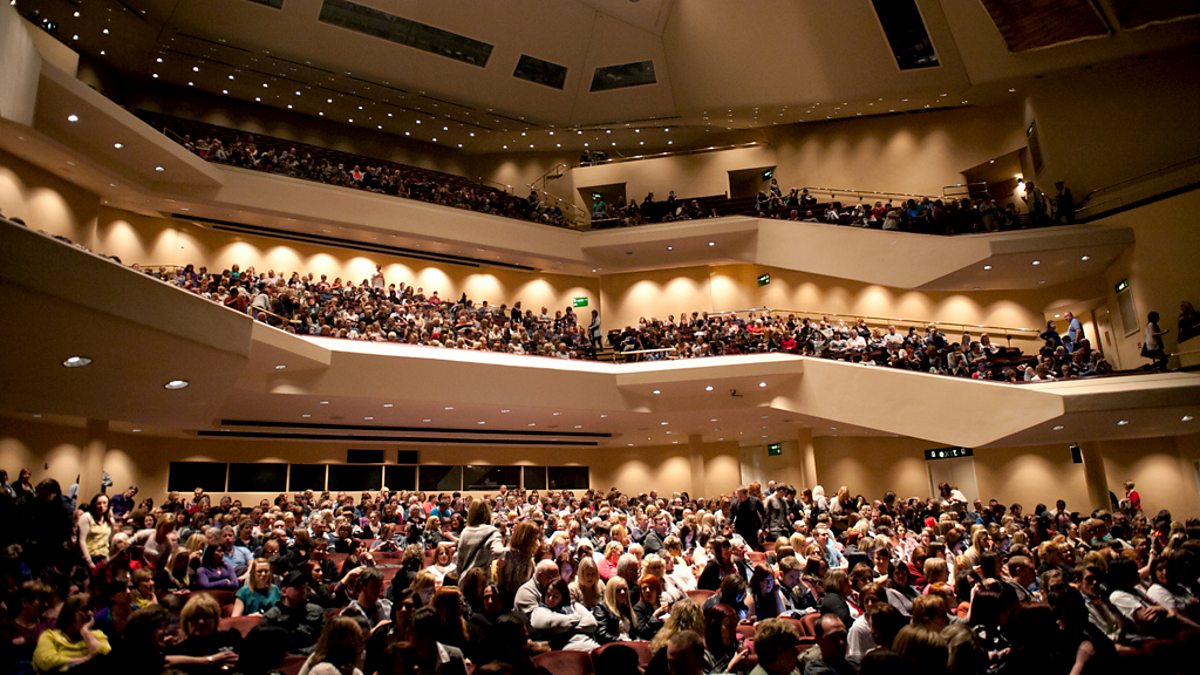And, I think that there is a chasm here between Music Analysts (who use the evidence of the Music) and "Scholars" (who read letters and diaries) which will always mean that a satisfactory agreement is unlikely: they/we shall always believe that they/we are in the right and the other side are fundamentally muddled.
To me there might also be a gap, possibly a wide one, between theorists - or perhaps a better term would be, pattern-makers - and sceptics or empiricists. For the theorist, the beauty and logic of the theory or pattern is so compelling that the presence of inconvenient facts that seem to disturb the pattern are brushed aside: the pattern-maker believes so strongly in the pattern that the facts are bent to conform to it. It ought to be, therefore it is. We have surely come across examples of this in science, literary theory, biography and history. The empiricist or sceptic on the other hand will say that the disturbing facts have to be taken into account and if necessary the theory revised. How far this applies to music I don't know, but I am sure that in science and history the pattern-maker does need the sceptic.




 - the book to which DM refers at the start of his article is this excellent tome:
- the book to which DM refers at the start of his article is this excellent tome:
Comment